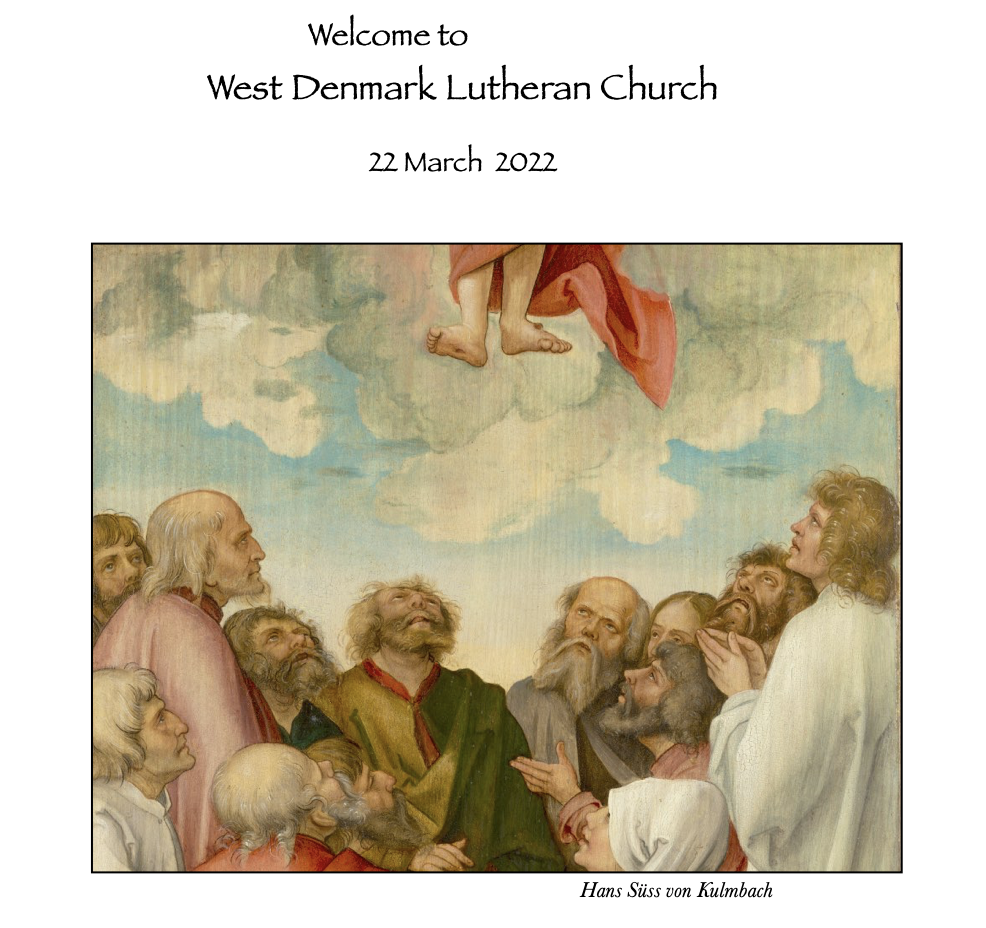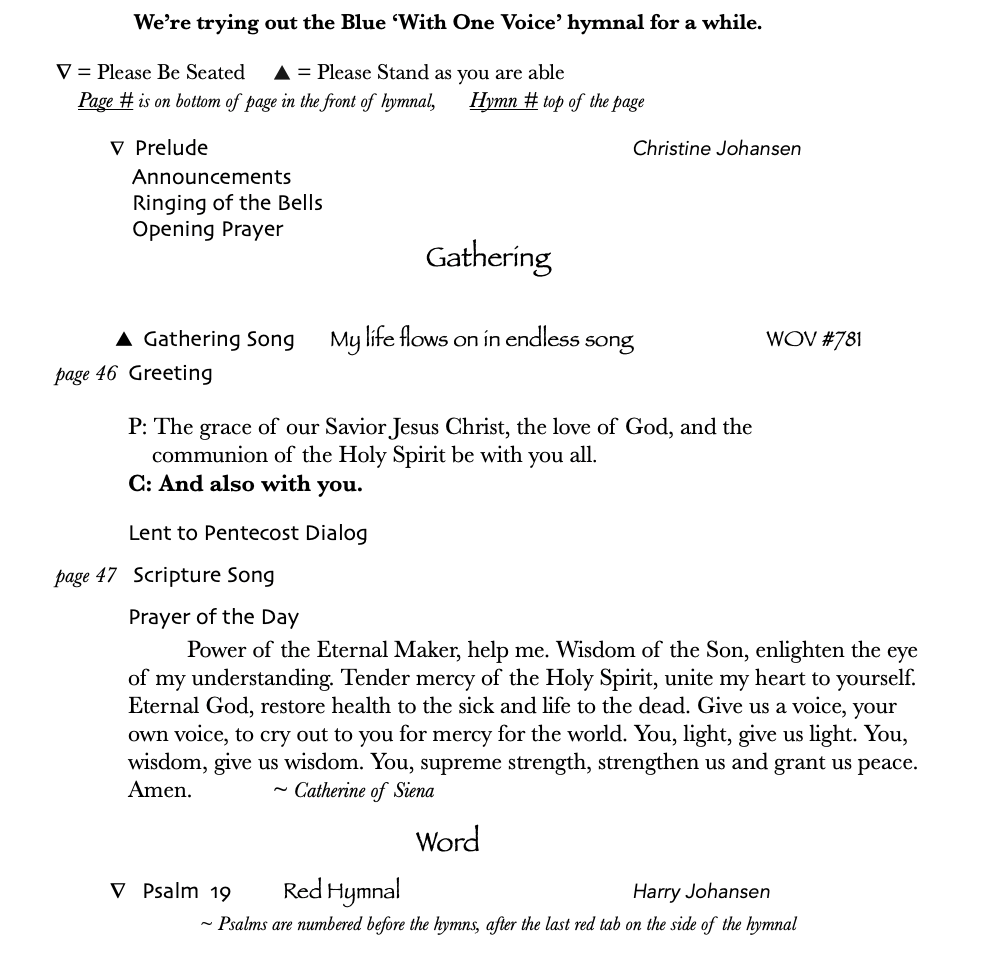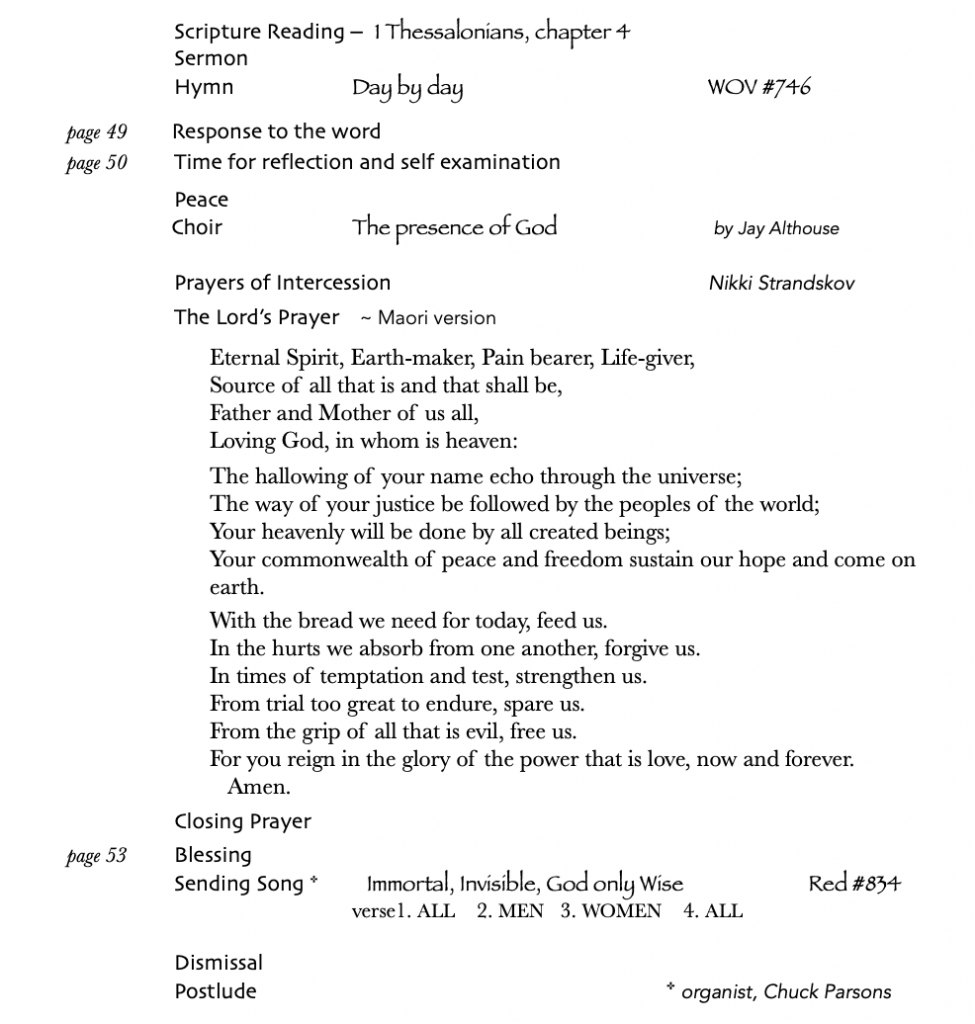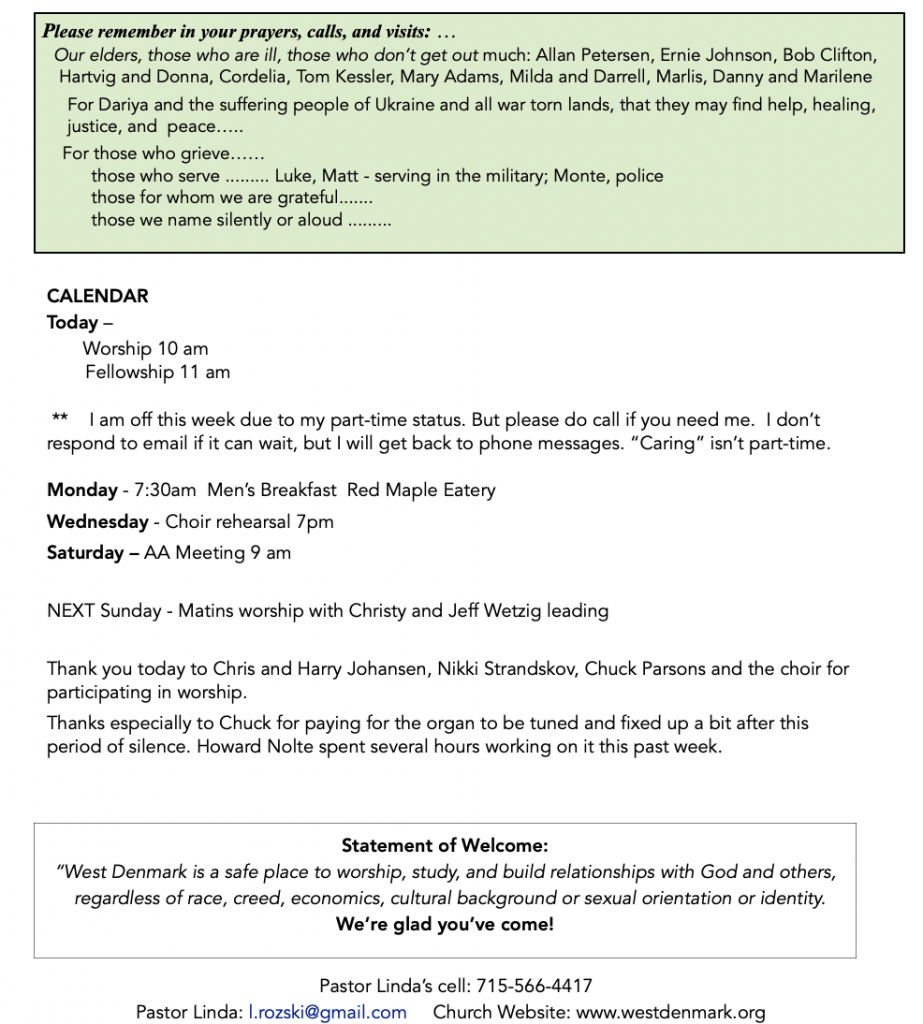Audio Recording

1 Thessalonians 4
Finally, brothers and sisters, we ask and urge you in the Lord Jesus that, as you learned from us how you ought to live and to please God (as, in fact, you are doing), you should do so more and more. 2For you know what instructions we gave you through the Lord Jesus. 3For this is the will of God, your sanctification: that you abstain from fornication; 4that each one of you knows how to control your own body in holiness and honor, 5not with lustful passion, like the Gentiles who do not know God; 6that no one wrongs or exploits a brother or sister in this matter, because the Lord is an avenger in all these things, just as we have already told you beforehand and solemnly warned you. 7For God did not call us to impurity but in holiness. 8Therefore whoever rejects this rejects not human authority but God, who also gives his Holy Spirit to you.
9 Now concerning love of the brothers and sisters, you do not need to have anyone write to you, for you yourselves have been taught by God to love one another; 10and indeed you do love all the brothers and sisters throughout Macedonia. But we urge you, beloved, to do so more and more, 11to aspire to live quietly, to mind your own affairs, and to work with your hands, as we directed you, 12so that you may behave properly towards outsiders and be dependent on no one.
13 But we do not want you to be uninformed, brothers and sisters, about those who have died, so that you may not grieve as others do who have no hope. 14For since we believe that Jesus died and rose again, even so, through Jesus, God will bring with him those who have died. 15For this we declare to you by the word of the Lord, that we who are alive, who are left until the coming of the Lord, will by no means precede those who have died. 16For the Lord himself, with a cry of command, with the archangel’s call and with the sound of God’s trumpet, will descend from heaven, and the dead in Christ will rise first. 17Then we who are alive, who are left, will be caught up in the clouds together with them to meet the Lord in the air; and so we will be with the Lord for ever. 18Therefore encourage one another with these words.
We’re still reading Paul’s letter, and I think it’s good to remember that – that it is a letter, not a text book – not even scripture, as far as Paul is concerned. He was writing a letter to encourage and comfort friends he’d made who were following the way of Jesus as well as they could, not having anything but word of mouth to go on. Well, that and the Holy Spirit who seems to have been at work among them.
But still, it was a challenging course to follow made more so by the misunderstandings and misinformation being spread both by pagans and Jews about them and about Jesus.
Paul has commended them for the ways they are living out their faith in daily life, for the love of God and love for all the bothers and sisters throughout the region that was evident in how they were handling themselves, the changes in values, lifestyle and belief that they had made and were maintaining – but it seems they are concerned about death. Specifically, about the death of those who die before Jesus returns, about whether they will be excluded from participation in the new creation, simply as a result of bad timing? These early Christians were actively expecting the reappearance of Jesus within their lifetimes, and some of their loved ones had already died.
Here, again, Paul uses a mix of imagery; some biblical, some of the pomp of Roman military victories, and apocalyptic ideas of their own time to describe Jesus’ returning presence. Paul is convinced by his own experiences of God’s power at work in himself and in the communities he serves, and, again, employs all the resources at his disposal to connect to and encourage the Thessalonians; to enable them to visualize the promises of God and trust in the reality of their hope.
Perhaps not coincidentally, this image challenges imperial Rome. If Christ is described arriving with the same pageantry and fanfare that would announce the arrival of an imperial messenger or even the emperor himself, if Jesus brings “peace and security” – the ‘pax Romana’ claimed by imperial Rome, then, it is, perhaps, a less than subtle message intended to reinforce the Thessalonians in their belief that the promises of God are powered by an even greater potency than that of Rome. True peace and security are found in God’s love, not in Rome rule effected through force and violence, persecution and death.
There is no tribulation of the saints here – it’s an opening in which heaven and earth are suddenly and beautifully reconciled, “caught up together” as though in an embrace. This time the heavens are opened in beauty, not torn apart in lament, revealing the welcome of Christ to all, collecting first those who have died, while the living continue to live. I find it comforting imagery, even if I don’t necessarily hold it to literal standards. It fits with the imagery in John’s gospel of God in Christ and Christ in God and we in Christ – all swirled together in the intense presence of love.
As two thousand years has stretched out between this fear of the Thessalonians and our lives, there is no doubt some tendency to doubt in the whole idea of a parousia (the appearance, presence of Christ’s return). Christian hope might seem fruitless or delusional to some. Maybe we’ve come to terms with death as less an enemy and more a natural part of the life process, a recycling of energy and spirit. As modern people, we are more sophisticated, right? We’re steeped in scientific explanations and technology, quite accustomed to science fiction and fantasy, quite confident that our senses reveal to us all there is to know about the physical world – and so we have a wary kind of tension or fear or longing or loneliness about death and Christian hope.
Two thousand years have added an assortment of traditions and beliefs about heaven, about the coming of Christ, the apocalypse. There are books and movies and video games, political movements and cults. But Paul’s instinct was right. The Thessalonians needed comfort not convincing. And I don’t think our advanced age has changed that basic need.
Paul might encourage us, too, to see the space between Christ’s coming as an actively alive, charged field of barely hidden glory. Current scientific exploration and discovery seems to be turning that way, making the probability of space thick with spiritual presence more likely than its absence.
My dad died three years ago this month. When I was home a couple of weeks ago, mom and I were sitting on the back step enjoying a bit of sunshine and bird song. I asked how she was doing with dad. She kind of looked at me, and I said, “Well, do you kind of feel his presence or talk to him?” “No, not really. I have these photos of us all by my chair. I look through those a lot and that brings him back, certain memories. I don’t really feel that he’s gone, but I don’t feel him here.” “What do you think about heaven?” I asked. (I’m the one in the family who asks abrupt questions.)
“I do believe in it, somehow;” she said, “that there’s more to the spiritual world. I haven’t had any real experiences of it, but, I don’t know, I think there is something more.” We talked about that for a little bit and then sat in silence listening to the birds. Then she said she never dreamed about him, at least not that she remembered, except one time. And she smiled, and said she saw him walking toward her in a dream. He didn’t say anything, he just came toward her, but he had the biggest smile on his face she had ever seen. She said, “I can’t remember ever seeing that smile, but I know it was Robert. I figure that was his way of telling me it’s all alright.”
I have never heard mom say anything like that and I had a lot of questions I wanted to ask, but it was one of those times that is obviously not for questions, so we smiled and leaned into each other and listened to the woods and felt the sunshine – and I have to hope I can ask my questions another time.
I think what my mom experienced in her dream was tangible hope – what Paul calls ‘sure and certain hope’ in his letter to the Romans. She isn’t worried about eternity, but she had been concerned about my dad’s spiritual life, whether he believed in God. My mom is not a fanciful woman. She doesn’t talk to herself or to chipmunks, she doesn’t have an imaginative or creative streak by her own admission. This dream surprised her and brings her comfort, and makes her smile a really big, kind of inward smile when she remembers it.
Short of Christ coming down from the sky, dangling his feet from the clouds, how do we know this is real, real enough to offer us the hope we need to get by each day?
It comes out of our own experience. I find ‘sure and certain’ hope in little things rather than apocalyptic scenarios. I’m trying to learn how to live in the presence of God, expecting that I’m surrounded by that cloud of witnesses egging me on. I’m trying to practice ways of giving thanks everyday as part of a bedtime routine regardless of my mood or the day’s ‘feeling’ because it helps me to see God at work in the day; I’m trying to learn to keep awake to things even when I’d rather numb out with British mysteries, or crossword puzzles; attempting in some small way every day to discern what it means to live by the grace and peace of Christ, to really claim that inside.
I think it’s true that if we do small things, day by day, the power and presence of God becomes real, and can offer us hope to get on with our lives with courage and patience and kindness.
Pastor Linda


